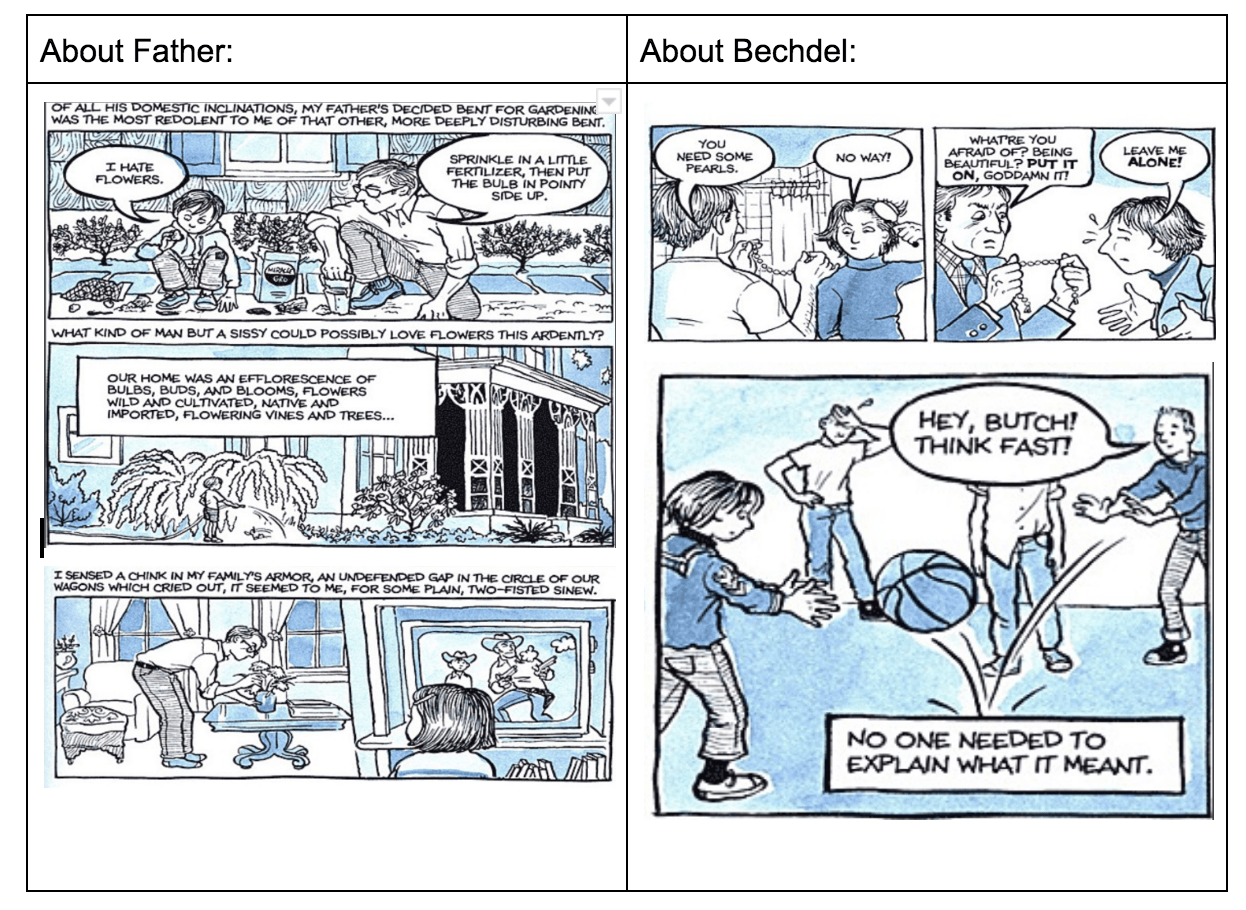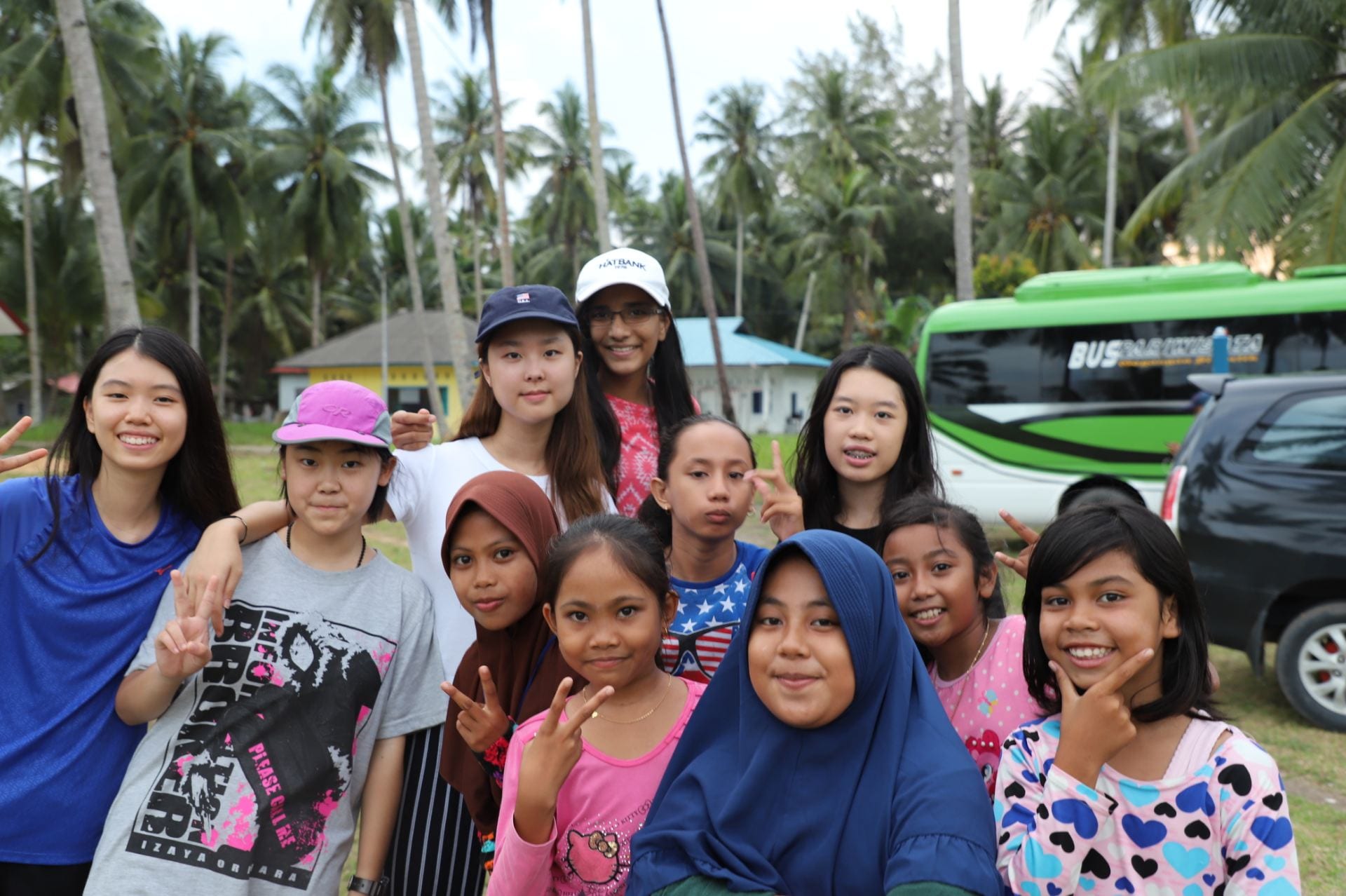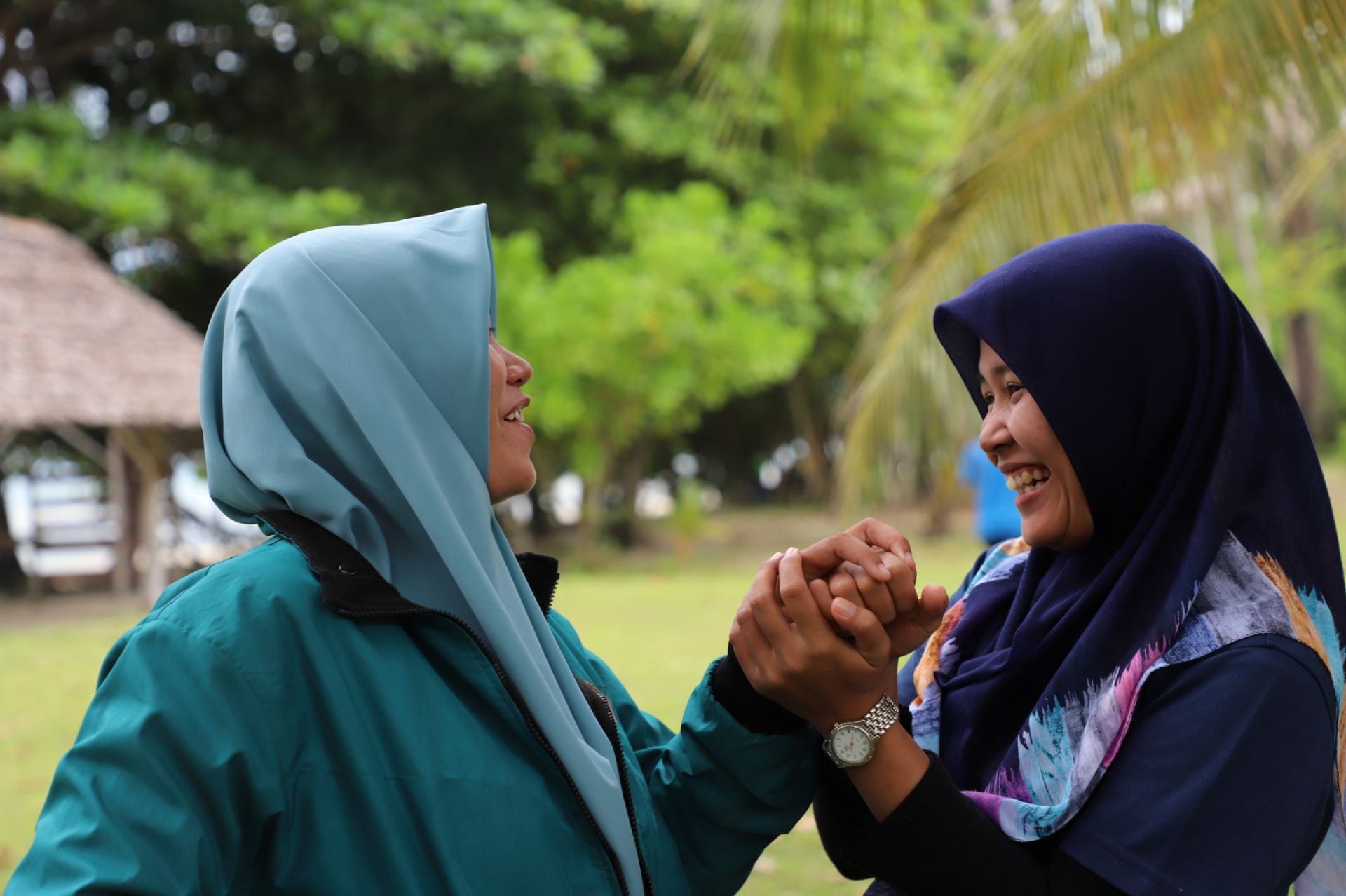Fun Home: Bechdel’s comic treatment of serious (global) issues
Choose one moment – or a pattern of small instances – in Chapters 3-5, which you think best illustrates Bechdel’s comic treatment of a serious (global) issue and what it achieves.
Excerpts from CHAPTER 5 of ‘Fun Home’ by Alison Bechdel from which my examples are drawn:
In chapter 5 of ‘Fun Home’, the representation of what ‘feminine’ and ‘masculine’ characters are in society is stereotypically, satirically and ironically used through Bechdel’s repeated portrayal of the ‘effeminate’ characteristics of her father in contradiction with the ‘masculine’ portrayal of herself to draw attention to and criticize stereotypes through humor, but also highlight that stereotypes in society, although incomplete, can be partially true (in regards to the homosexual community).
Bechdel portrays her critical and satirical opinions of her father’s feminine characteristics whilst talking about his passion for gardening. Bechdel questions ‘what kind of man but a sissy could possibly love flowers this ardently?’ in which she satirically insults her father calling him a ‘sissy’, implying that any man who loves flowers is ‘weak’ and effeminate. This implication not only shows the stereotypical belief that men should be tough and bothered about aesthetics, but also shows that women are the ones who should possess ‘domestic inclinations’ such as gardening. Similarly, Bechdel plays on and highlights stereotypical gender roles when saying that there ‘was a chink’ in her family’s ‘armor’ as a result of her fathers ‘womanlike’ qualities and her family needs a tough ‘plain, two-fisted sinew’ instead of her ‘sissy’ father to feel protected. This statement is humorously illustrated by the frame which juxtaposes her father who is tending after the flowers in the living room to a buff man on the television holds a gun, representing the ‘ideal masculine’ man – yet again enhancing the societal expectations of men being strong, courageous and protecting people.
Ironically, for all of Bechdel’s criticism of her father’s lack of masculinity, Bechdel herself does not conform with society’s depiction of the ‘ideal female’. In this case, however, the roles are reversed and her father is criticizing Bechdel for her lack of female qualities. Bechdel depicts assumption that women need to ‘dress up’ to be beautiful is shown when her father tells her she ‘needs’ to wear pearls and, upon Alison’s rejection, questions ‘what are you afraid of? Being beautiful?’, which indicates that society deems women ‘beautiful’ when their external materialistic and superficial appearances are up to par.
On the other hand, Bechdel’s use of these gender stereotypes may also be used to comment on the stereotypes that gay people are more feminine and lesbians are more masculine, but also indicate that though stereotypes are incomplete, they can be partially true. Bechdel portrays society’s natural assumption that ‘masculine’ females are lesbian when her cousins call her ‘butch’ – a word used to describe manly lesbians – due to her short hair, boyish clothing and masculine interest in basketball. Interestingly, although this representation of society does show the stereotyping of homosexuals as ‘inverts’, all of Bechdel’s representation of her father and herself does prove the stereotype true as, in her case, her gay father is portrayed as effeminate and she portrays herself in a masculine light to hint her lesbian lifestyle.
Insightful Responses From My Peers
Oliver Lewis: The moment I have chosen is when Bechdel depicts her and her partner reading James and the Giant Peach while in intimate positions. The first one is to do with the positions Bechdel is in with her partner, the way Bechdel illustrates it so lightly not putting much emphasis on it tackles the issue of homosexual and how it is taboo in some cultures and isn’t the norm in most others. This being used simply tries to tackle this by showing that it shouldn’t be taboo and treated as abnormal but as similar as heterosexual relationships. This topic is hotly debated as heterosexual relationships have been covered in media for centuries and while the societies have adapted to accept homosexual relationships, it still evident media has not.
Sinuan Phoeng: Bechdel also connects a lot to literature and fiction which highlights how she cannot distinguish the reality, reflecting her father living in two worlds. Bechdel states, “the line…between reality and fiction was a blurry one” then referring to the library. The library seems to be the place reflecting Bruce reality while he continues to only show his ‘fictional’ side to the society, in fear of societal oppressions. This ironically seems to connect to Bechdel’s understanding of her own sexuality but she decides to do the opposite of her father but interestingly, it does not work out. Bechdel also uses sexual humour in children literature such as in “James and the Giant Peach” to outline her self exploration and indicated how people’s perceptions and views of texts are shaped by their experiences and identity. By using humour and connecting to fiction stories, Bechdel seems seems to have the intention of reflecting upon society and how repression has prevented a person from living the truth causing the line between reality and truth to become blurry.
Gianina Flegueras: Identity is defined by the way people choose to act upon realising certain ideas about themselves. Despite their similarities, her father chose to live in the shadows but she has chosen the contrary, even going on to write a memoir on her life. Bechdel therefore communicates a very important realisation about self and identity.
Dritika Jayanth: However, her coming out was overshadowed by the news of her father’s own homosexuality. Her response to this is rather exaggerated as she claims to have been ‘upstaged, demoted from protagonist… to comic relief’ – implying that her coming out had turn into some sort of joke, ridiculed in a way. Moreover, the atmosphere of seriousness Bechdel created prior to hearing the news contrasts heavily with her mother’s tone of casualty when addressing Bechdel’s dad’s homosexuality – which subdues Bechdel’s coming out and perhaps portrays it to be not as important as she made it out to be. Personally, I think Bechdel has used humour here to perhaps comment on how society treats sexual identity in an unnecessarily over-exaggerated way, instead of treating it as something that is normal. Perhaps to some extent, through using humour, she aims to normalise the concept of homosexuality, forcing us to look past the issue by stressing that what is more important, is the journey of self-discovery (as illustrated throughout the text).




